African Union
The African Union's Continental AI Strategy sets the stage for a unified approach to AI governance across the continent.

Artificial intelligence (AI) has made enormous strides in recent years and has increasingly moved into the public consciousness.
Subscribe
We encourage you to subscribe to receive AI-related updates.
Explore Trendscape Our take on the interconnected global trends that are shaping the business climate for our clients.
Increases in computational power, coupled with advances in machine learning, have fueled the rapid rise of AI. This has brought enormous opportunities, as new AI applications have given rise to new ways of doing business. It has also brought potential risks, from unintended impacts on individuals (e.g., AI errors harming an individual's credit score or public reputation) to the risk of misuse of AI by malicious third parties (e.g., by manipulating AI systems to produce inaccurate or misleading output, or by using AI to create deepfakes).
Governments and regulatory bodies around the world have had to act quickly to try to ensure that their regulatory frameworks do not become obsolete. In addition, international organizations such as the G7, the UN, the Council of Europe and the OECD have responded to this technological shift by issuing their own AI frameworks. But they are all scrambling to stay abreast of technological developments, and already there are signs that emerging efforts to regulate AI will struggle to keep pace. In an effort to introduce some degree of international consensus, the UK government organized the first global AI Safety Summit in November 2023, with the aim of encouraging the safe and responsible development of AI around the world. The EU is also implementing the first comprehensive horizontal legal framework for the regulation of AI systems across EU Member States (the EU AI Act is addressed in more detail here: AI watch: Global regulatory tracker - European Union, and you can read our EU AI Act Handbook here).
Most jurisdictions have sought to strike a balance between encouraging AI innovation and investment, while at the same time attempting to create rules to protect against possible harms. However, jurisdictions around the world have taken substantially different approaches to achieving these goals, which has in turn increased the risk that businesses face from a fragmented and inconsistent AI regulatory environment. Nevertheless, certain trends are becoming clearer at this stage:
Businesses in almost all sectors need to keep a close eye on these developments to ensure that they are aware of the AI regulations and forthcoming trends, in order to identify new opportunities and new potential business risks. But even at this early stage, the inconsistent approaches each jurisdiction has taken to the core questions of how to regulate AI is clear. As a result, it appears that international businesses may face substantially different AI regulatory compliance challenges in different parts of the world. To that end, this AI Tracker is designed to provide businesses with an understanding of the state of play of AI regulations in the core markets in which they operate. It provides analysis of the approach that each jurisdiction has taken to AI regulation and provides helpful commentary on the likely direction of travel.
Because global AI regulations remain in a constant state of flux, this AI Tracker will develop over time, adding updates and new jurisdictions when appropriate. Stay tuned, as we continue to provide insights to help businesses navigate these ever-evolving issues.
The African Union's Continental AI Strategy sets the stage for a unified approach to AI governance across the continent.

Voluntary AI Ethics Principles guide responsible AI development in Australia, with potential reforms under consideration.

The enactment of Brazil's proposed AI Regulation remains uncertain with compliance requirements pending review.

AIDA expected to regulate AI at the federal level in Canada but provincial legislatures have yet to be introduced.

The Interim AI Measures is China's first specific, administrative regulation on the management of generative AI services.

Despite congressional activity on AI in Colombia, regulation remains unclear and uncertain.

The Council of Europe is developing a new Convention on AI to safeguard human rights, democracy, and the rule of law in the digital space covering governance, accountability and risk assessment.
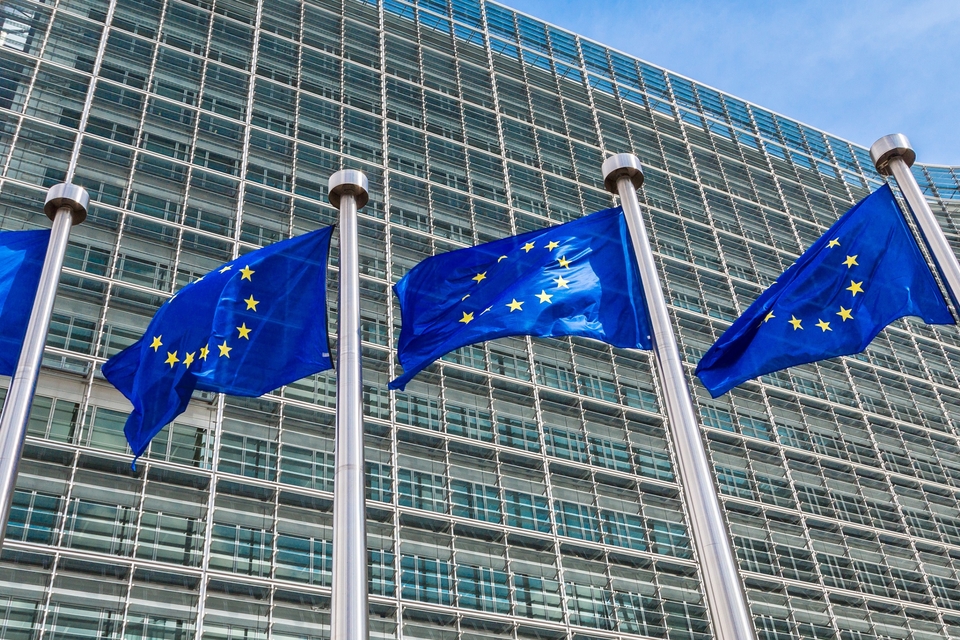
The successful implementation of the EU AI Act into national law is the primary focus for the Czech Republic, with its National AI Strategy being the main policy document.

The EU introduces the pioneering EU AI Act, aiming to become a global hub for human-centric, trustworthy AI.
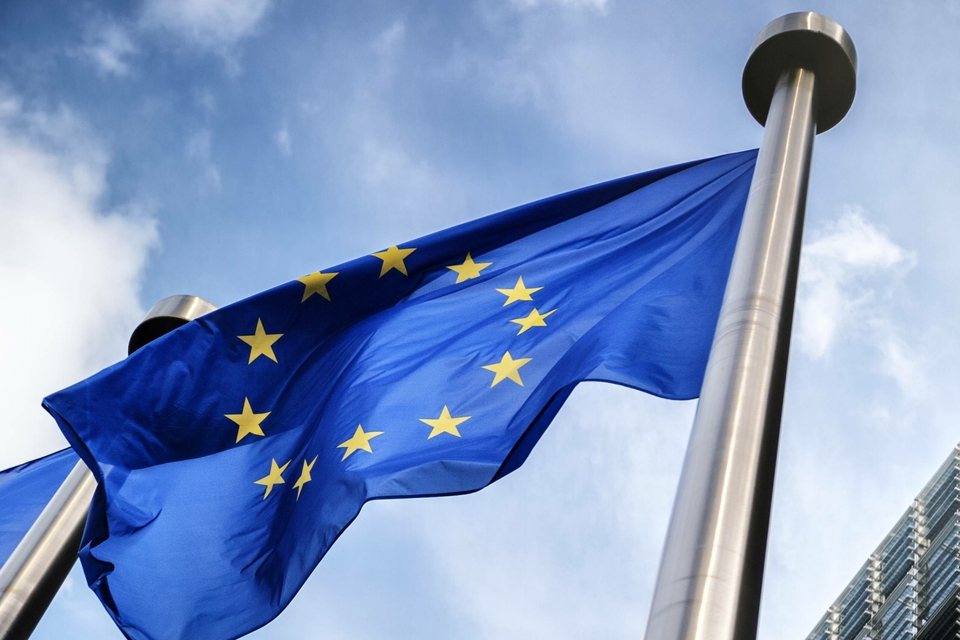
France actively participates in international efforts and proposes sector-specific laws.

The G7's AI regulations mandate Member States' compliance with international human rights law and relevant international frameworks.
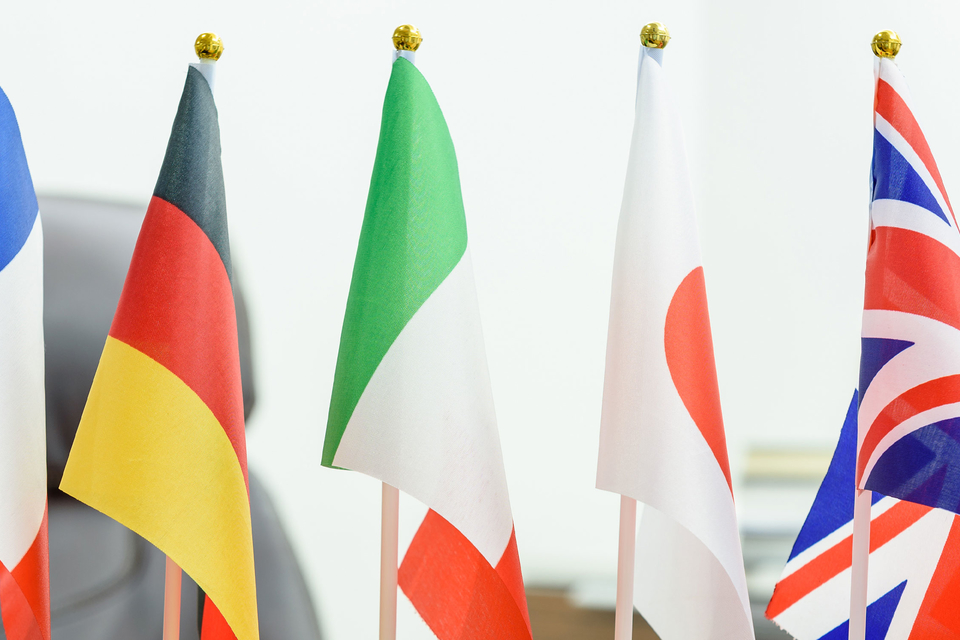
Germany evaluates AI-specific legislation needs and actively engages in international initiatives.

Hong Kong lacks comprehensive AI legislative framework but is developing sector-specific guidelines and regulations, and investing in AI.

National frameworks inform India’s approach to AI regulation, with sector-specific initiatives in finance and health sectors.

Israel promotes responsible AI innovation through policy and sector-specific guidelines to address core issues and ethical principles.


Japan adopts a soft law approach to AI governance but lawmakers advance proposal for a hard law approach for certain harms.

Kenya's National AI Strategy and Code of Practice expected to set foundation of AI regulation once finalized.

Nigeria's draft National AI Policy underway and will pave the way for a comprehensive national AI strategy.

Position paper informs Norwegian approach to AI, with sector-specific legislative amendments to regulate developments in AI.

The OECD's AI recommendations encourage Member States to uphold principles of trustworthy AI.
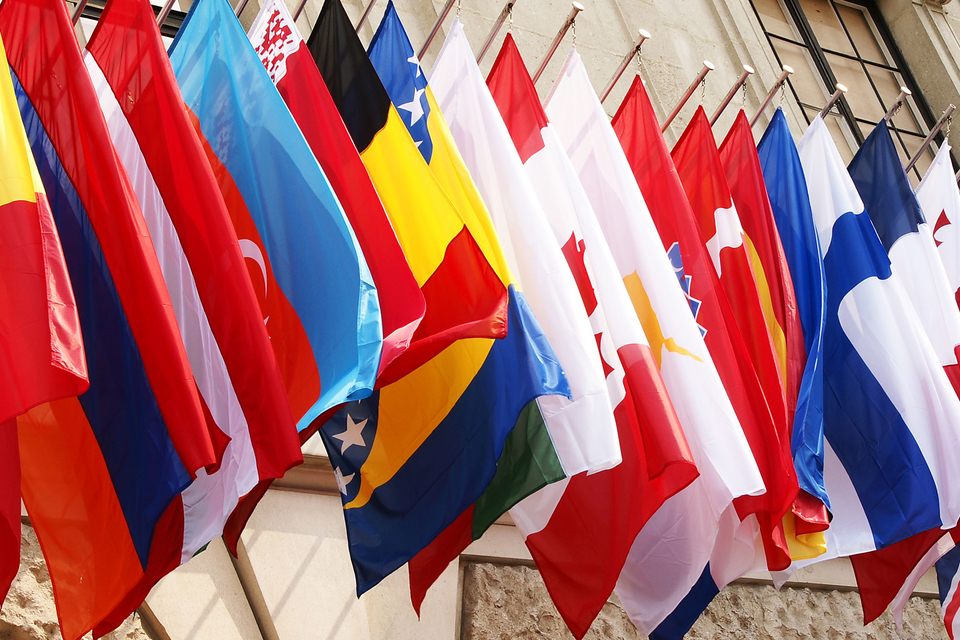
Saudi Arabia is yet to enact AI Regulations, relying on guidelines to establish practice standards and general principles.

Singapore's AI frameworks guide AI ethical and governance principles, with existing sector-specific regulations addressing AI risks.

South Africa is yet to announce any AI regulation proposals but is in the process of obtaining inputs for a draft National AI plan.

South Korea's AI Act has been promulgated as the fundamental body of law governing AI.

Spain creates Europe's first AI supervisory agency and actively participates in EU AI Act negotiations.

Switzerland's National AI Strategy sets out guidelines for the use of AI, and aims to finalize an AI regulatory proposal in 2025.

Draft laws and guidelines are under consideration in Taiwan, with sector-specific initiatives already in place.

Turkey has published multiple guidelines on the use of AI in various sectors, with a bill for AI regulation now in the legislative process.

Mainland UAE has published an array of decrees and guidelines regarding regulation of AI, while the ADGM and DIFC free zones each rely on amendments to existing data protection laws to regulate AI.

The UK prioritizes a flexible framework over comprehensive regulation and emphasizes sector-specific laws.

The UN's AI resolutions encourage Member States to adopt national rules to establish safe, secure and trustworthy AI systems and create forums to advance global cooperation, scientific understanding, and share best practices.
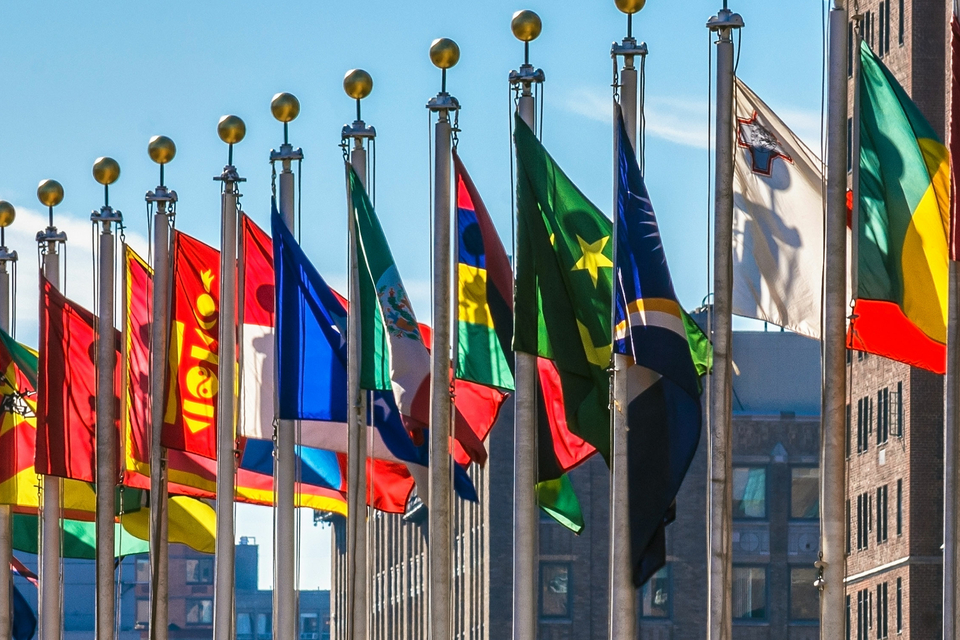
The US relies on existing federal laws and guidelines to regulate AI but aims to introduce AI legislation and a federal regulation authority.


Spain pioneers AI governance with Europe's first AI regulator (AESIA), an already active regulatory sandbox, and a draft national AI law implementing the EU AI Act.
Spain is actively building a comprehensive AI regulatory framework. As its more general national legislation, Spain is preparing a law for the 'Good Use and Governance of Artificial Intelligence' which will implement and supplement the EU AI Act and create a domestic sanctioning regime. A first draft (Anteproyecto de Ley para el Buen Uso y la Gobernanza de la IA) was approved by Spain's Council of Ministers on March 11, 2025 ("Draft Spanish AI Law").1
Spain has also adopted "soft law" instruments that guide interpretation. For example, the non-binding Charter of Digital Rights (July 2021) (the "Charter") and the updated National Artificial Intelligence Strategy 2024.2 This strategy replaces the 2020 version and embeds ethical and human-centric principles which may inform the country's regulatory efforts (together, the "Spanish Guidelines").3
As part of the Spanish digital transformation strategy, the Spanish government enacted Royal Decree 817/2023, which sets up the first European regulatory sandbox for artificial intelligence ("RD Sandbox").4
This creates a controlled test environment designed to enable participants to implement high-risk AI systems under the EU AI Act. In April 2025, twelve AI projects were selected to participate in the RD Sandbox, and the results will be used for a public report of good practices that will inform future national AI regulations.
In connection with the above, the Spanish government has also approved Royal Decree 729/2023 on the Statute of the Spanish Agency for the Supervision of Artificial Intelligence (Agencia Española de Supervisión de Inteligencia Artificial) (AESIA).5 AESIA has been operational since June 2024, and is responsible for managing the RD Sandbox. Once the EU AI Act and the national AI law are fully in force, AESIA will act as Spain's market-surveillance authority for AI, with inspection and full sanctioning powers.
In addition, Order ETD/670/2020 remains in force. This order legislates for the existence of the Artificial Intelligence Advisory Council (Consejo Asesor de Inteligencia Artificial). This is a body that complements AESIA, providing independent advice and recommendations to the Ministry of Digital Transformation, as well as encouraging expert debate on public policies.6
Likewise, Spain also subscribes to international soft law instruments, such as the OECD Principles on Artificial Intelligence, which inform national policy but do not create binding obligations.7
The EU AI Act is addressed separately here.
As noted above, Spain is in the process of adopting its first comprehensive AI statute while preparing for the direct application of the EU Artificial Intelligence Act. The updated National AI Strategy 2024 (which replaces the 2020 version) now serves as the overarching policy framework intended to guide national initiatives in line with EU policies at least until the end of 2025.
Other legislative and institutional milestones include:
There are a number of laws that do not directly seek to regulate AI but may affect the development or use of AI in Spain. A non-exhaustive list of key examples includes:
Spain's National AI Strategy explicitly mentions that there is still no formal and universally accepted definition of AI and merely refers to the one used by the European Commission. Notwithstanding the above, Spain's RD Sandbox contains some useful AI-related definitions. In particular:
It is expected that the Draft Spanish AI Law will apply throughout Spain once enacted and will govern any AI system that: (i) is placed on the Spanish market; (ii) is put into service or used in Spain; or (iii) produces effects in Spain, irrespective of where its provider is established.11
Likewise, the Spanish Guidelines apply in every Spanish autonomous community, and have the objective of achieving consistency, ensuring organization and cohesion, territorial governance and coordination between different administrative spheres, from the national to the local level. It also addresses coordination with regulation and policies at the European level.
International cooperation focus is reflected in the National AI Strategy, which places special emphasis on promoting participation in international forums such as the Council of Europe or the OECD, as well as through Spain's adherence to European initiatives such as the Digital Agenda for Europe adopted in 2018, the Coordinated Plan on AI 2019-2027, and the White Paper on Artificial Intelligence published in February 2020.
Spain's forthcoming AI regime is cross-sectoral: the EU AI Act and the Draft Spanish AI Law apply horizontally to all economic sectors and public-sector bodies.
However, there are certain exclusions in relation to AI that is used for: (i) defense and national security; (ii) purely personal or household use; and (iii) R&D activities that are carried out in closed environments.
In line with EU AI Act, Spain's forthcoming AI regime (as established in the Draft Spanish AI Law) assigns clear legal duties to all the different actors who have a role in the AI space value chain. Therefore, in line with European regulations, there are specific obligations for providers (developers or manufacturers), distributors, importers or deployers or authorized representatives.
The forthcoming Draft Spanish AI Law adopts a risk-based model, as detailed below. Spanish lawmakers make explicit that identifying, assessing and mitigating risk—especially in relation to health, safety, equal treatment and other fundamental rights—is the starting point of every compliance duty.
Additionally, other core issues that future AI regulations may seek to address may be inferred from AESIA's main objectives, which are the following:
Spain's AI framework seeks to unlock economic and social benefits (e.g., in education, healthcare and industry) while guaranteeing that higher risk uses meet the strictest requirements of transparency, accountability, fairness and human oversight. The ultimate ambition is an AI ecosystem that is innovative yet reliable, inclusive, and fully compatible with EU fundamental rights standards.
Spain now follows the four-tier model laid down in the EU AI Act which divides between: (i) unacceptable risk, which is prohibited (e.g., social scoring); (ii) high risk, subject to the most detailed compliance obligations (e.g., affecting safety components of a product); (iii) limited risk, with mainly transparency duties (e.g., disclosure of chatbots, labelling of deep-fakes, notice of emotion-recognition); and (iv) low or minimal risk, not included in previous categories, and not subject to new obligations beyond existing law.
Additionally, the RD Sandbox also uses this hierarchy, because it only allows high-risk or general-purpose AI systems to be tested under its safe environment.
As noted above, under the Draft Spanish AI Law, there are specific compliance duties to meet, that are scaled to the system's risk level. However, although the Draft Spanish AI Law provides for the relevant sanctioning regime, it does not detail the specific duties. Instead, it refers to the specific duties provided in the EU AI Act.
Under the Draft Spanish AI Law, compliance obligations apply to AI systems according to the risk tiers laid down in the EU AI Act. The draft does not re-list those technical duties; instead, it incorporates them by reference and establishes the national enforcement and sanctioning regime.
As mentioned above, AESIA is already operative and acts as Spain's central market-surveillance authority for AI. It conducts inspections and—once the sanctioning powers derived from the EU AI Act and the current Draft Spanish AI Law enter into force—will act with full sanctioning powers.
Another important actor is the Artificial Intelligence Advisory Council, which advises the government on the design and dissemination of AI policies. This body will contribute to the development of the National Artificial Intelligence Strategy and the analysis of its implications.
Finally, several sector-specific regulators are also involved in AI oversight in relation to their fields, such as data protection, competition, finance, labor or healthcare.
As noted above, AESIA will be assigned full sanctioning capacity once the EU AI Act and the current Draft Spanish AI Law enter into force.
In addition to Spain's aforementioned national regulatory and strategic frameworks on artificial intelligence, each autonomous community has adopted its own set of initiatives to address the specific socioeconomic, institutional, and technological needs of its region. These include approved or developing AI strategies (such as those in Catalonia, Andalusia, Galicia, or the Basque Country, amongst others), broader digital transformation plans with significant AI components, and in some cases, binding legal instruments—most notably Galicia's pioneering Law 2/2025 on the Development and Promotion of Artificial Intelligence in Galicia, the first regional legislation on AI in Spain.12
Whilst the legal force, institutional architecture, and policy focus vary across regions, these instruments share a commitment to promoting a trustworthy, human-centric, and ethically grounded approach to AI in the different autonomous communities. Nevertheless, common elements include safeguards for algorithmic transparency and oversight, support for research and innovation ecosystems, integration of AI into public services, and mechanisms to prevent bias and ensure accountability in automated decision-making. Altogether, these regional frameworks complement and reinforce national efforts, adding territorial specificity to Spain's multilevel regulation of AI.
1 The first draft was open for public consultation until March 26, 2025, allowing individuals and organizations to submit comments. Before the draft bill is definitively approved by the Council of Ministers as a legislative proposal (the previous step to the submission to Spanish Parliament), several opinions and reports must be obtained, including the opinion of the Council of State. The draft Law for the Good Use and Governance of Artificial Intelligence [available here].
2 The Charter of Digital Rights is available here.
3 The National AI Strategy is available here.
4 The Royal Decree 817/2023 is available here.
5 The Royal Decree 729/2023 is available here.
6 The Order ETD/670/202 is available here.
7 The OECD Legal Instrument 0449 – Recommendation of the Council on Artificial Intelligence is available in English here.
8 The Royal Decree 817/2023 is available here, Article 3(3).
9 In order to make more accurate definitions, the RD Sandbox makes certain references to EU legislation and a list of specific areas in which artificial intelligence systems are considered high risk by virtue of the definitions set forth in the RD Sandbox.
10 The Royal Decree 817/2023 is available here, Article 4.
11 The Royal Decree 817/2023 is available here, Article 5.
12 Galicia's Law 2/2025 of April 2nd, on the Development and Promotion of Artificial Intelligence in Galicia is available here.
Ana Calvo (Local Partner, White & Case, Madrid) and Carlos Pena (Associate, White & Case, Madrid) contributed to this publication.
White & Case means the international legal practice comprising White & Case LLP, a New York State registered limited liability partnership, White & Case LLP, a limited liability partnership incorporated under English law and all other affiliated partnerships, companies and entities.
This article is prepared for the general information of interested persons. It is not, and does not attempt to be, comprehensive in nature. Due to the general nature of its content, it should not be regarded as legal advice.
© 2025 White & Case LLP